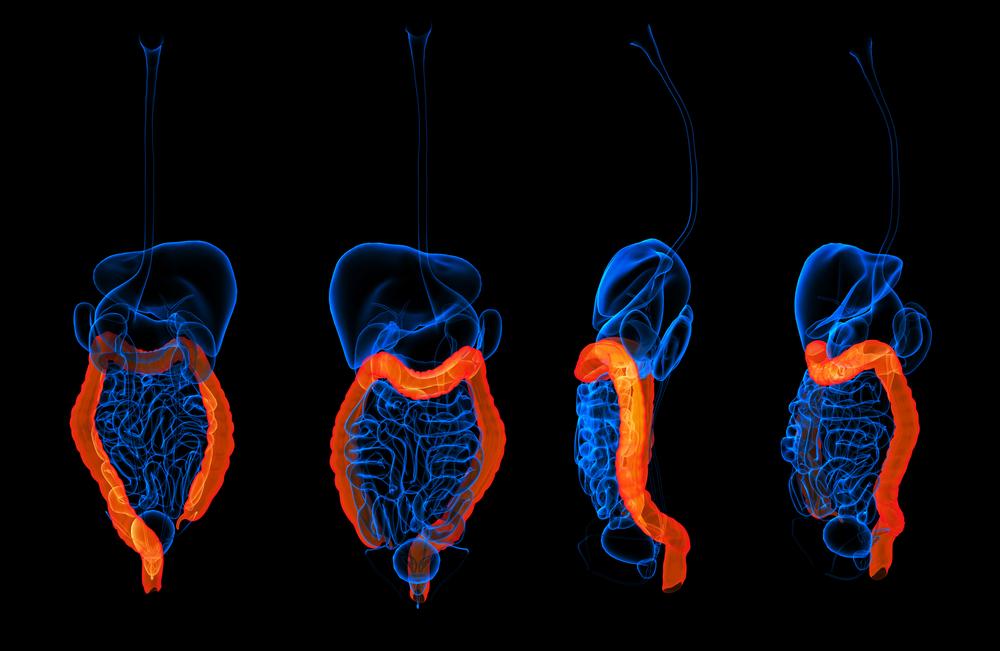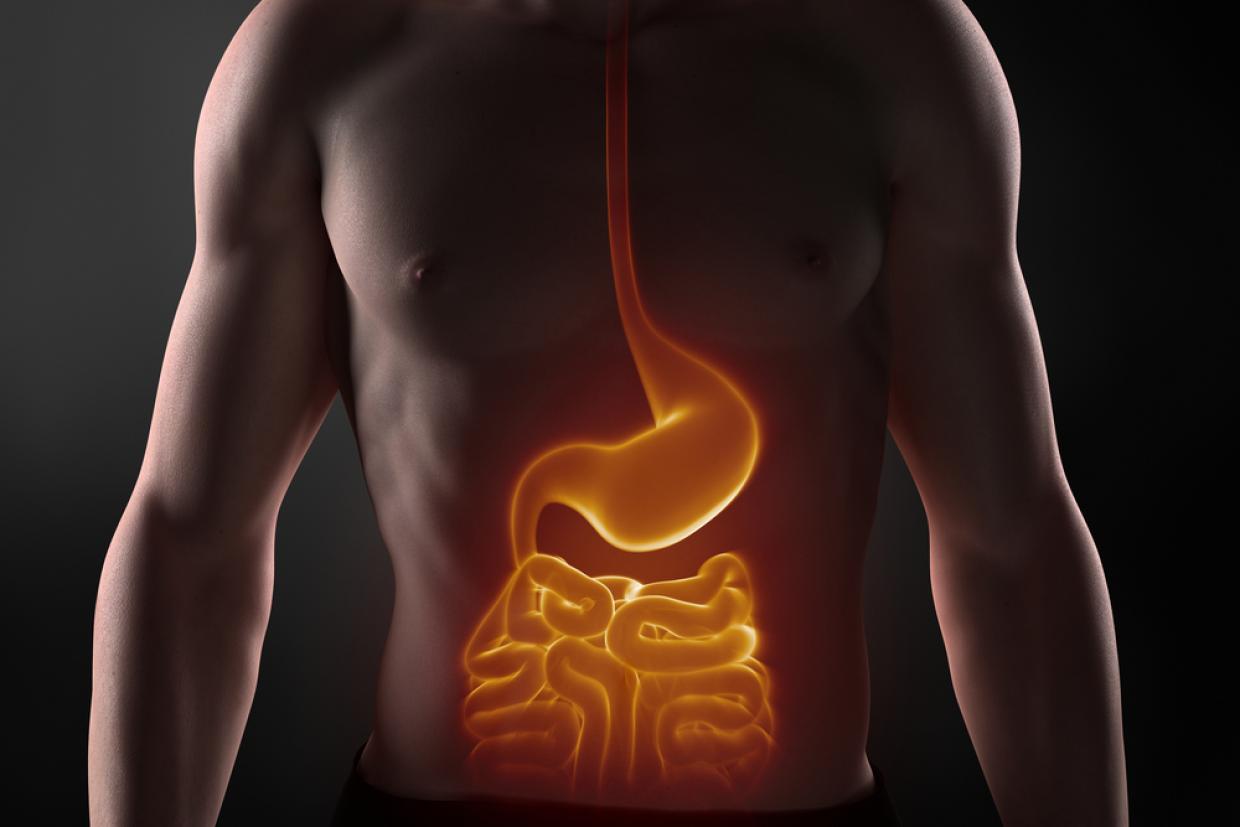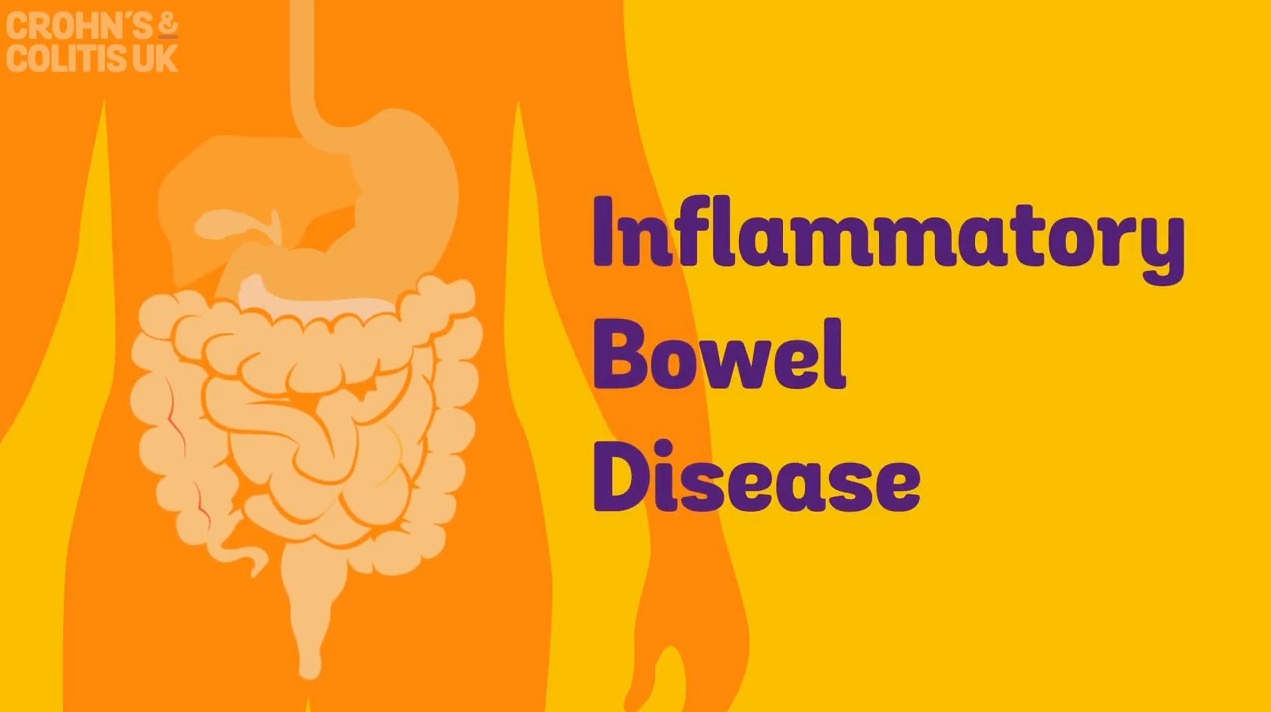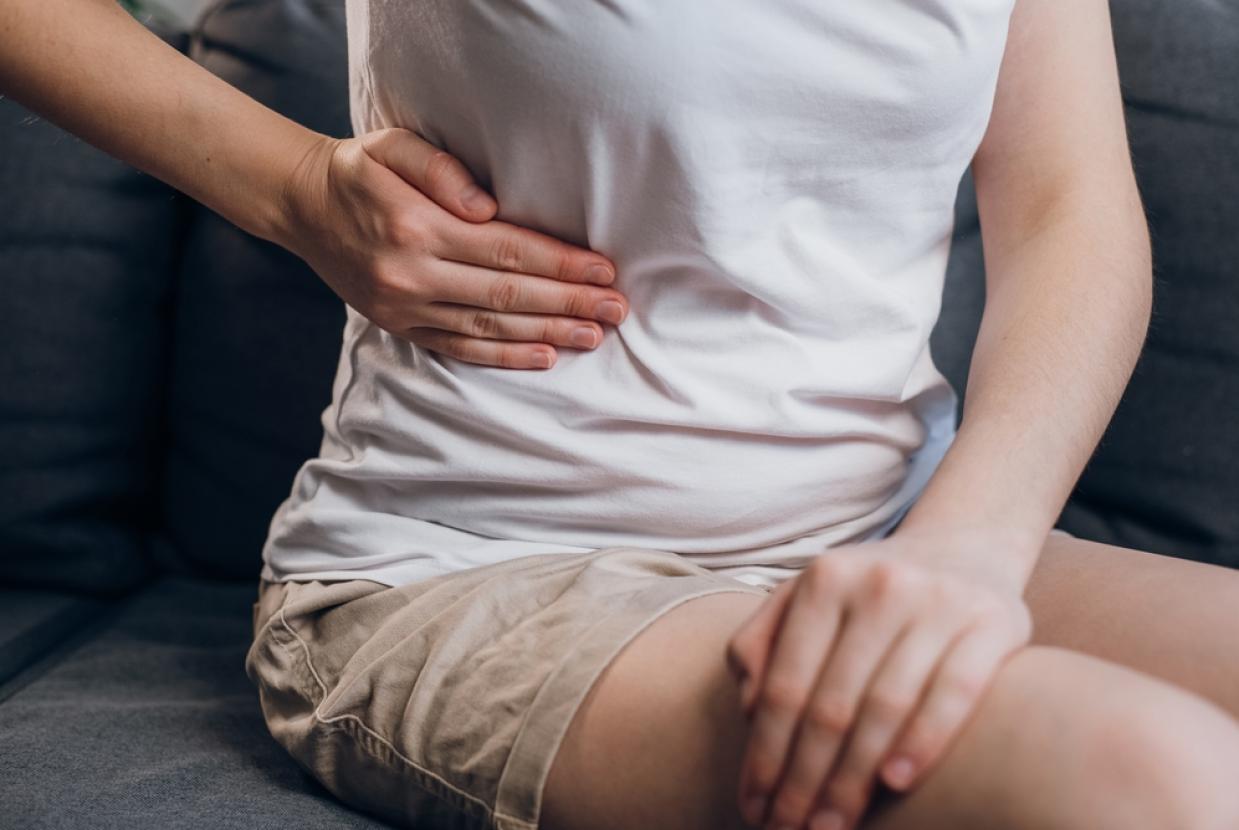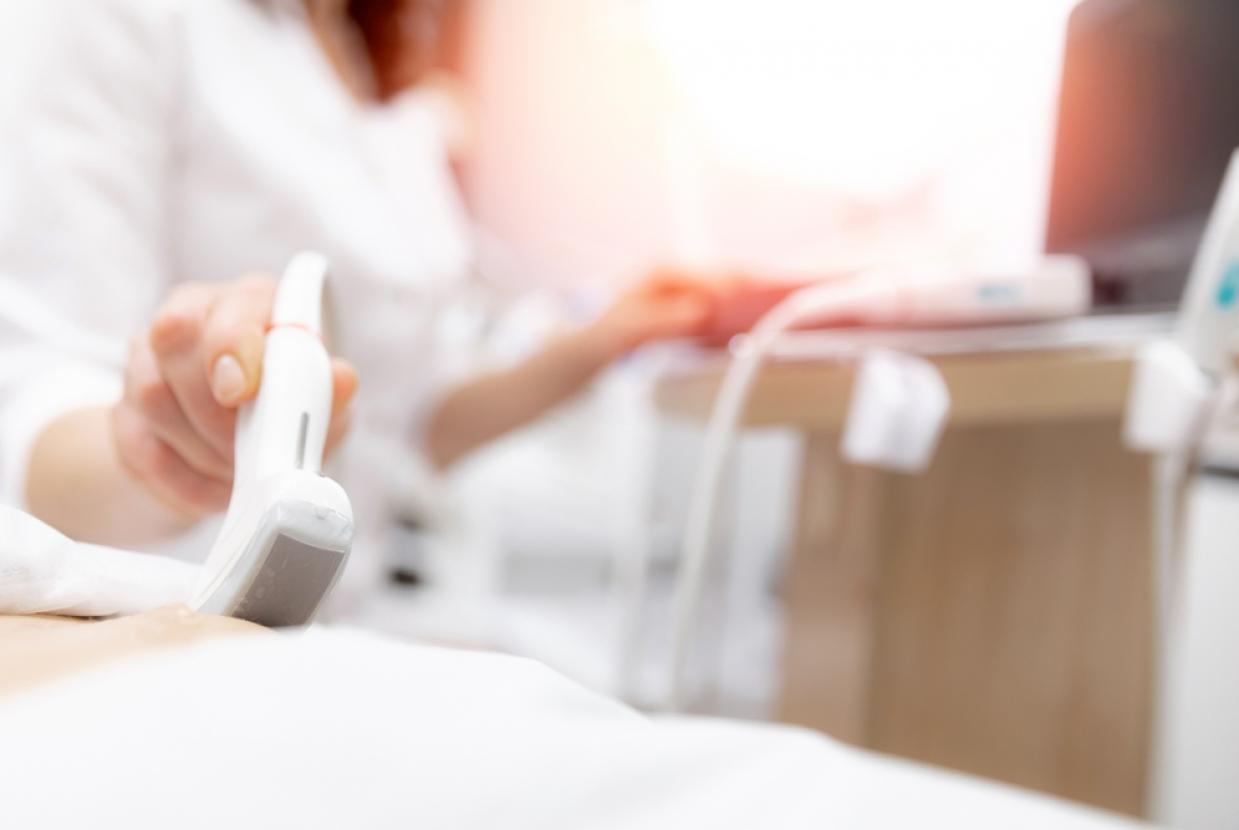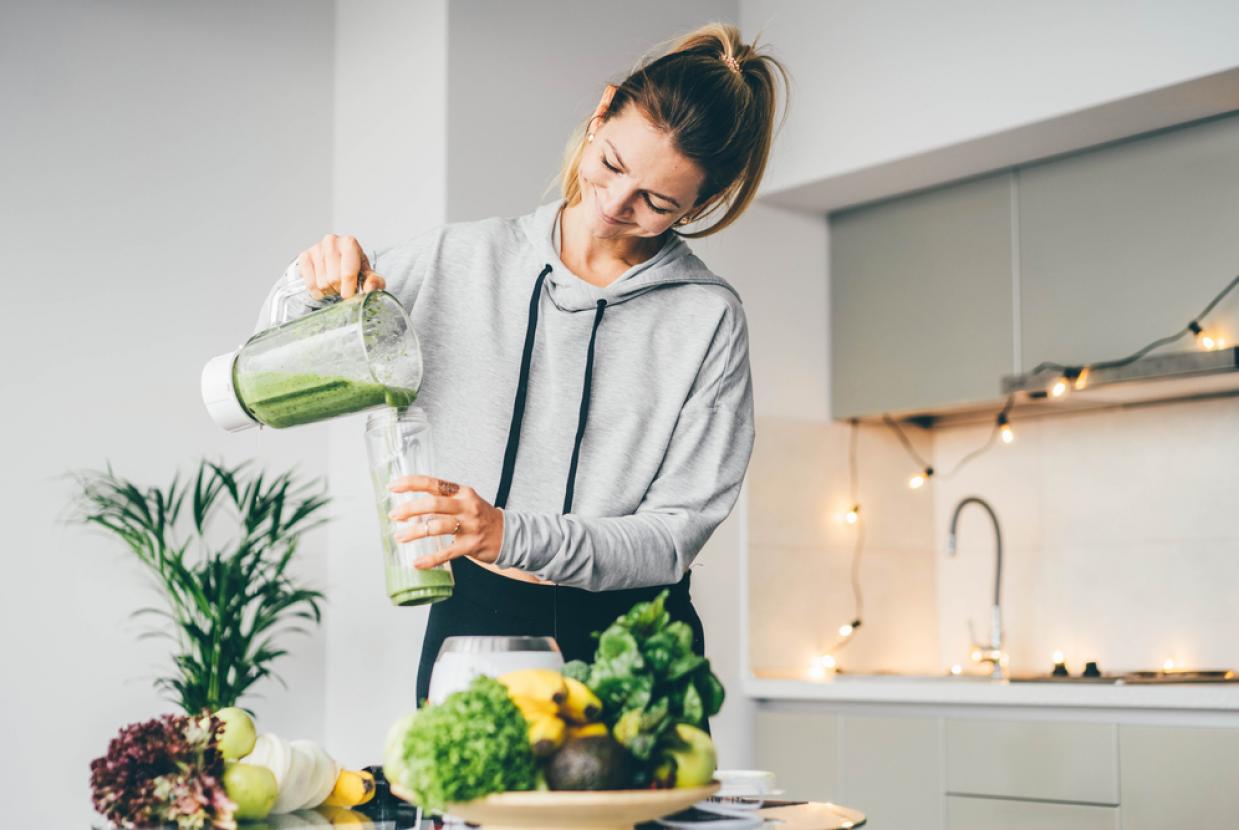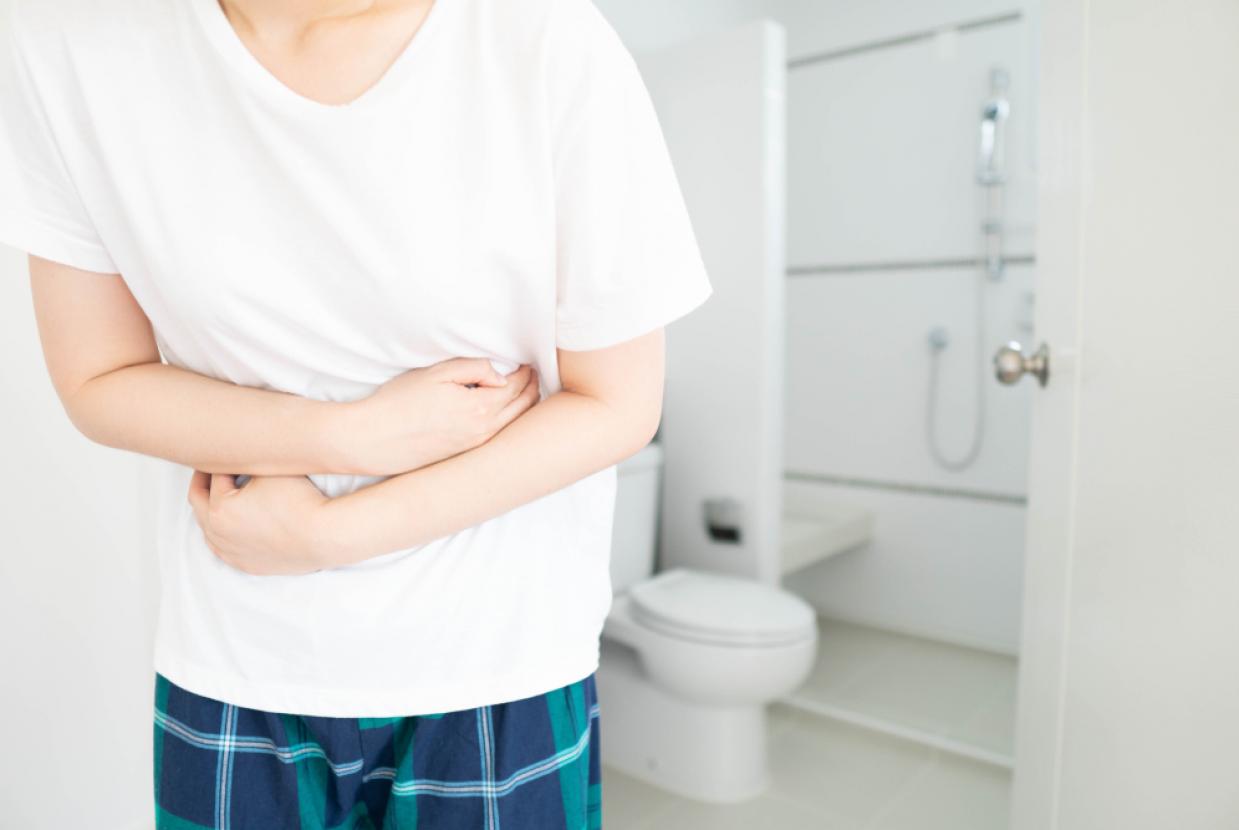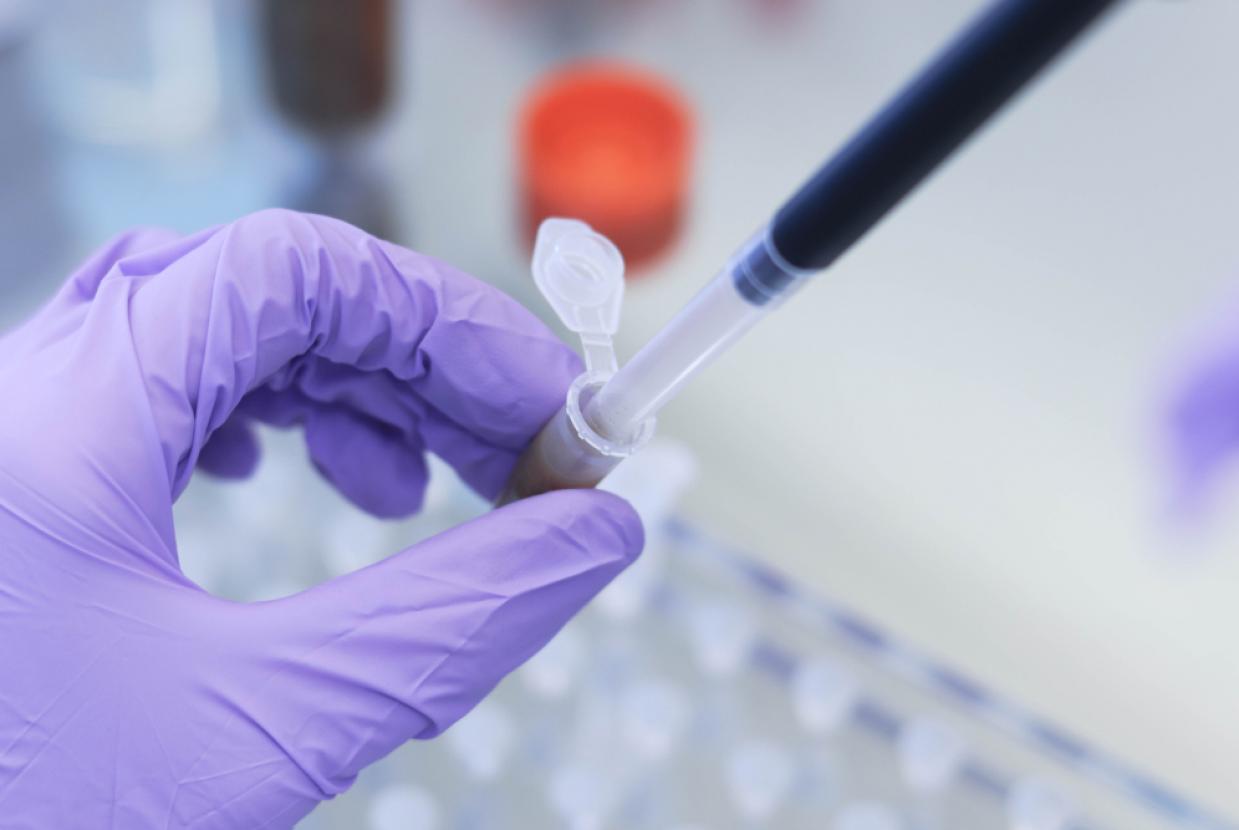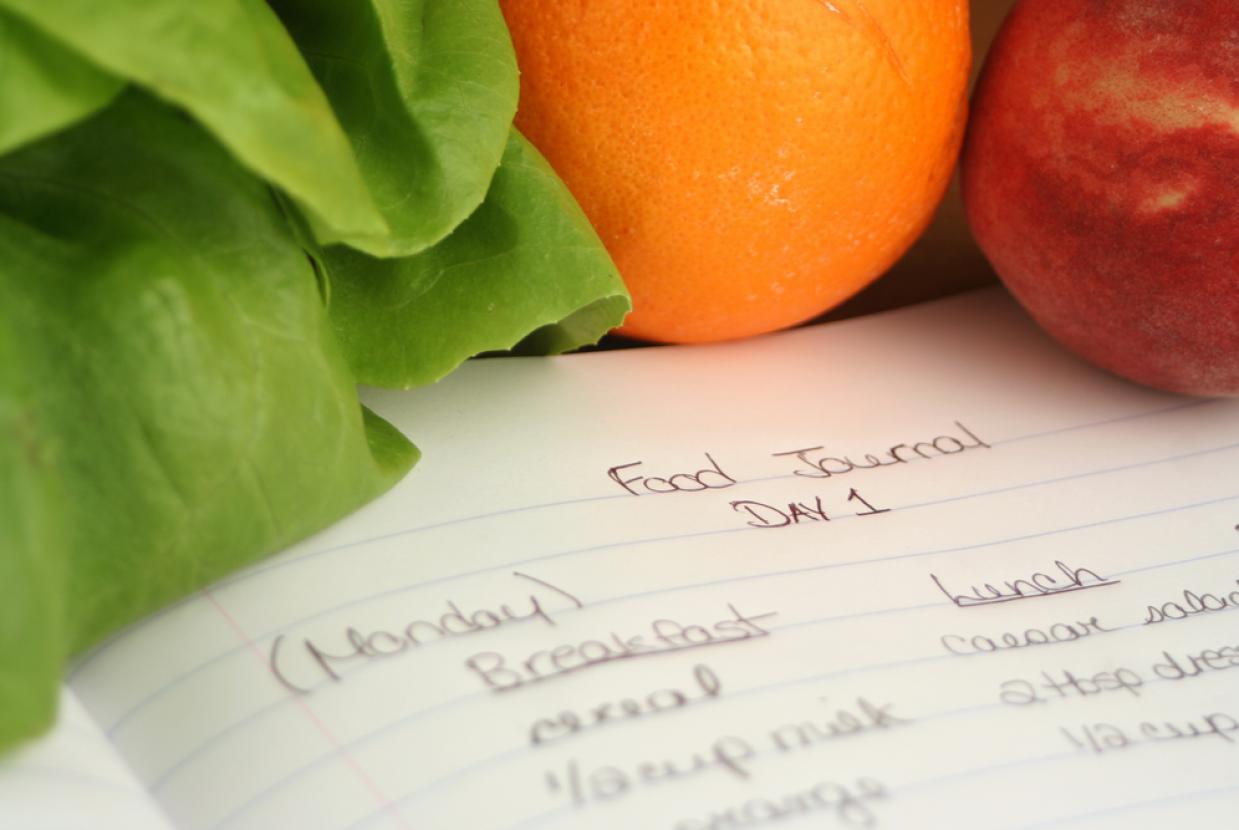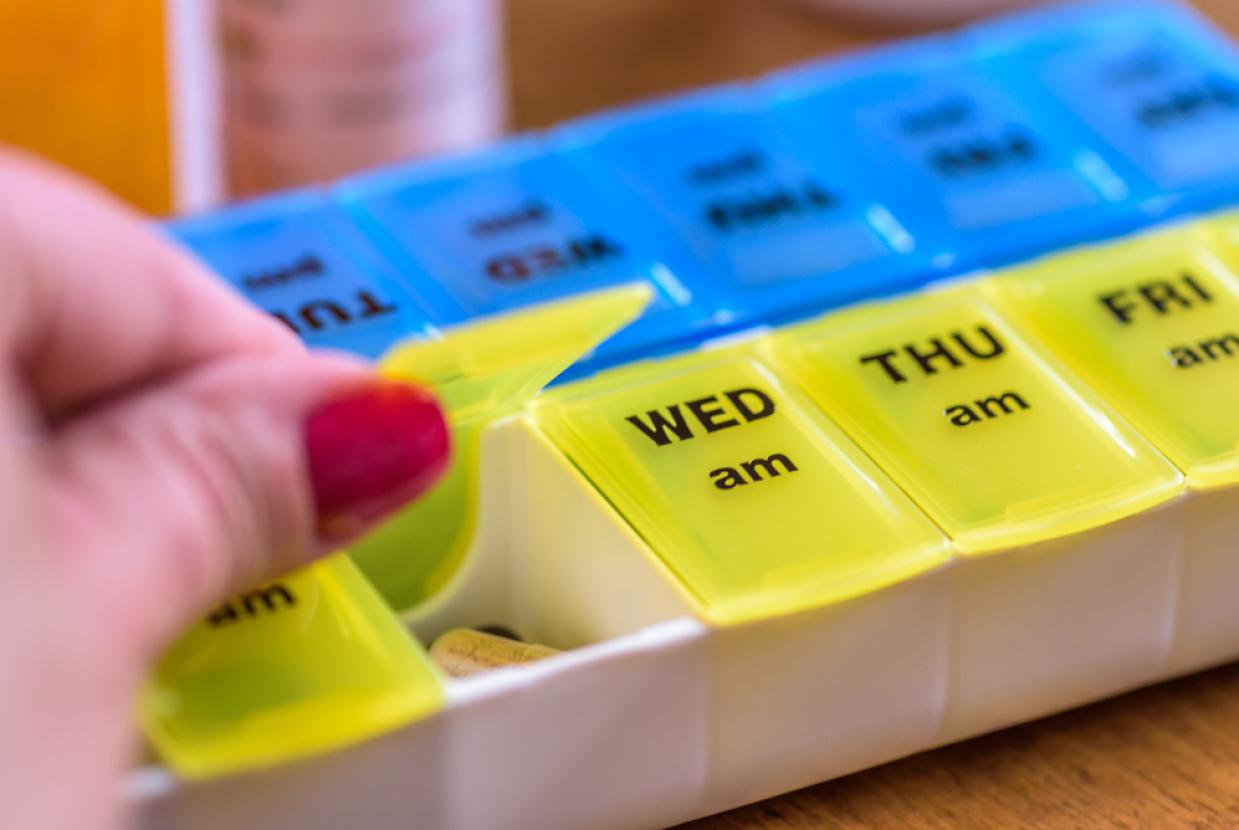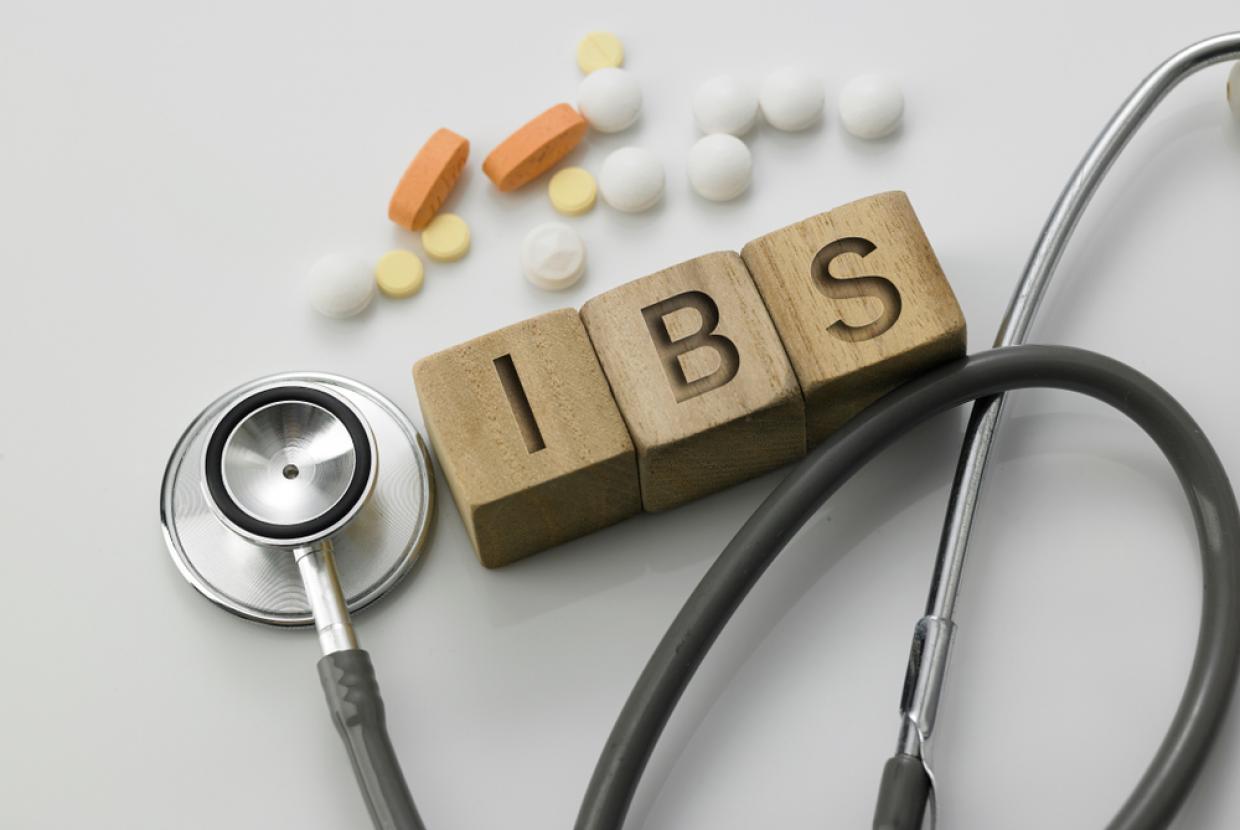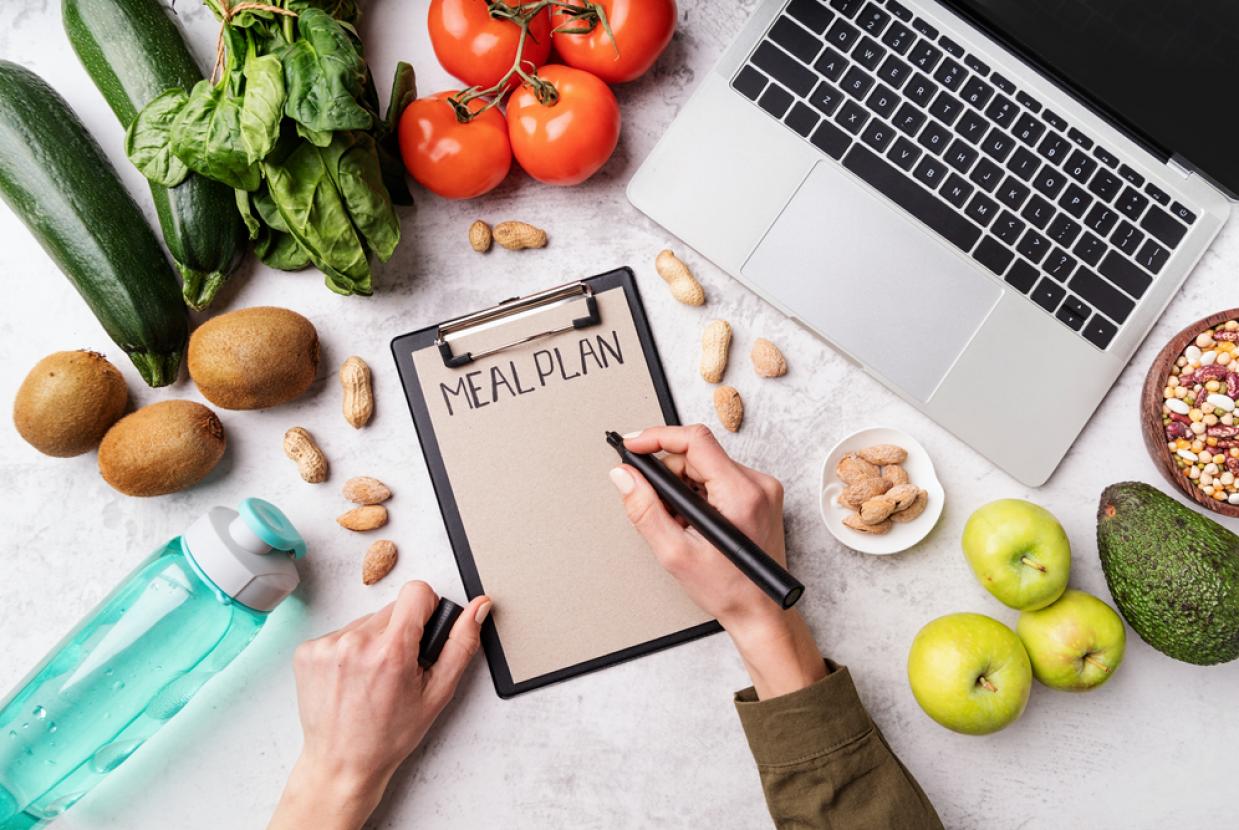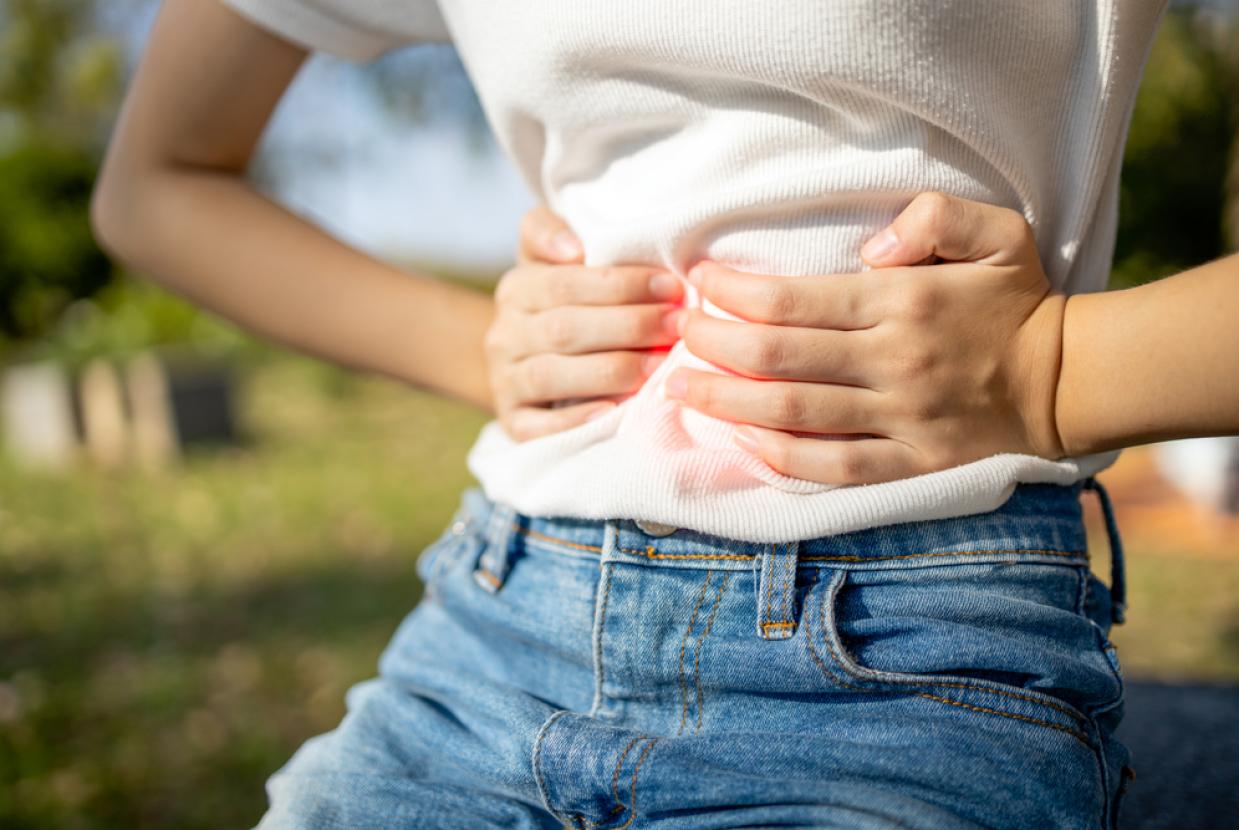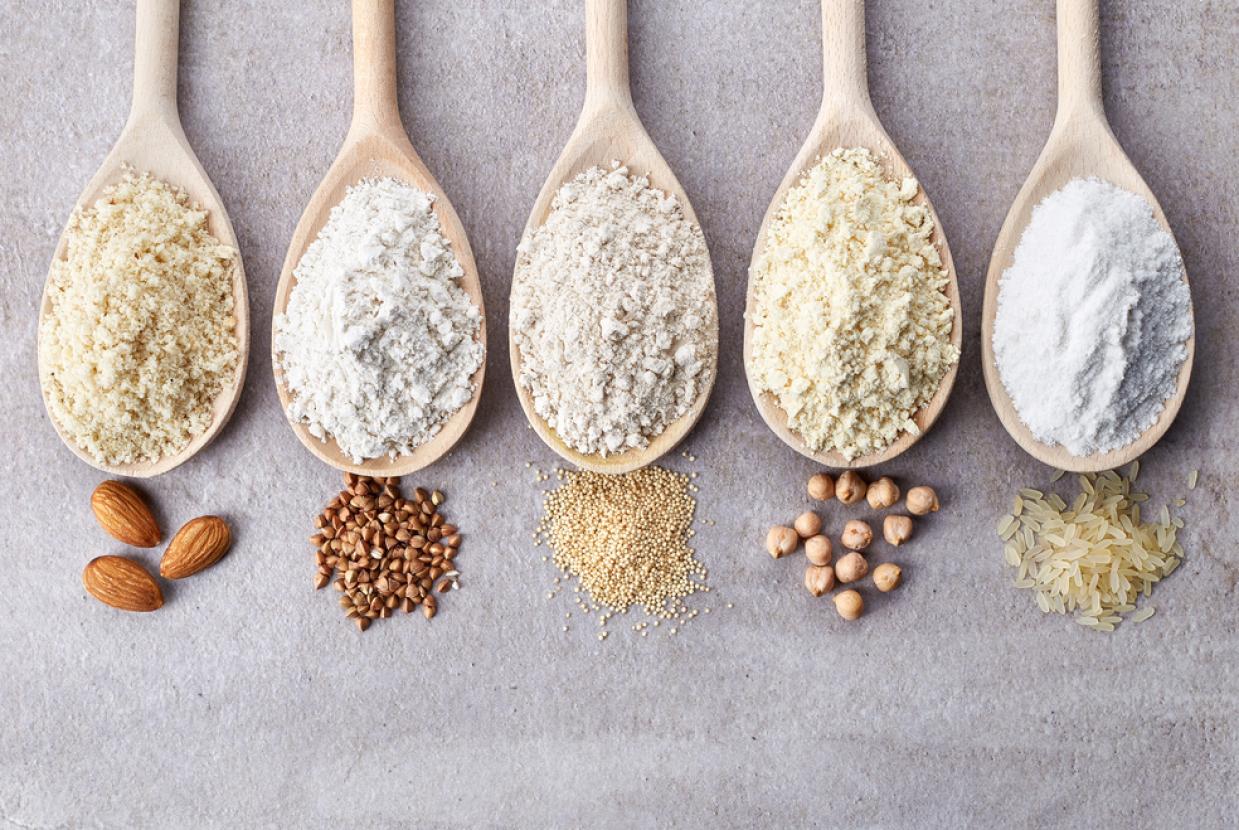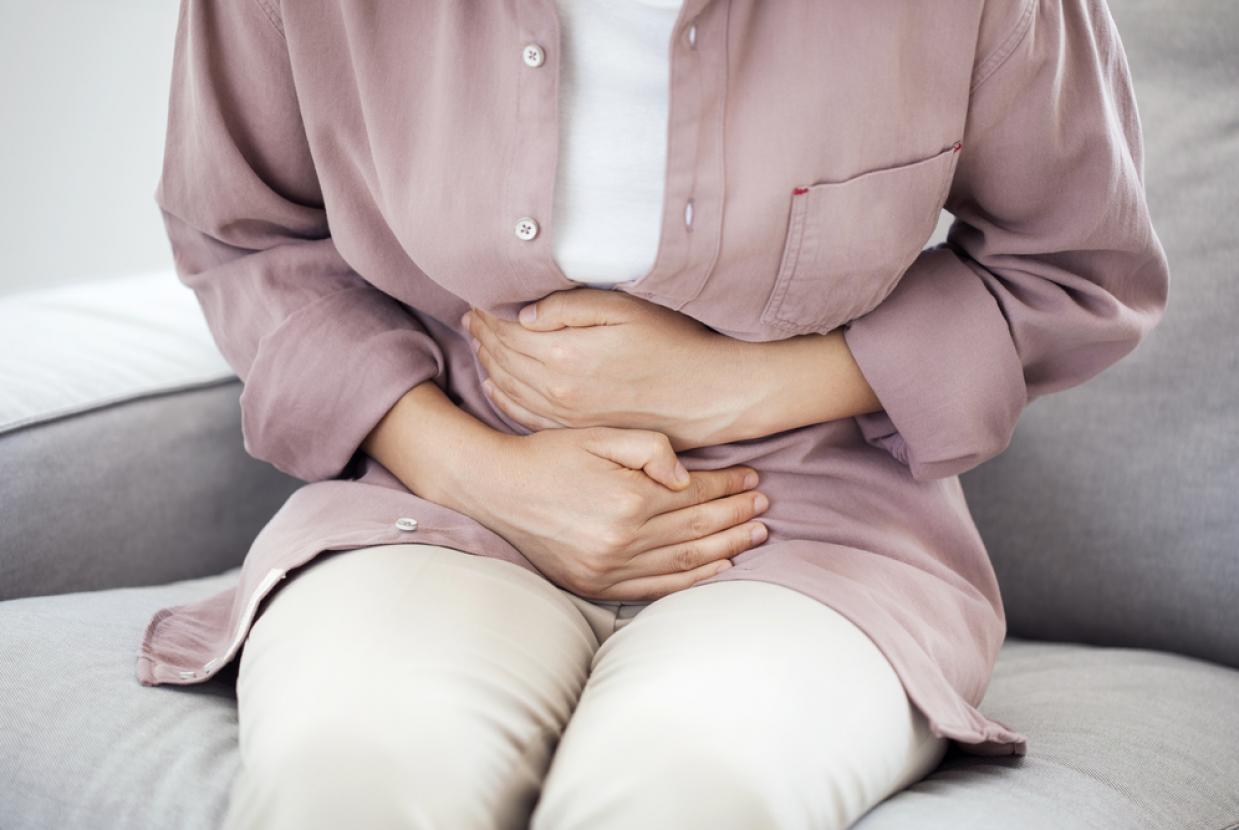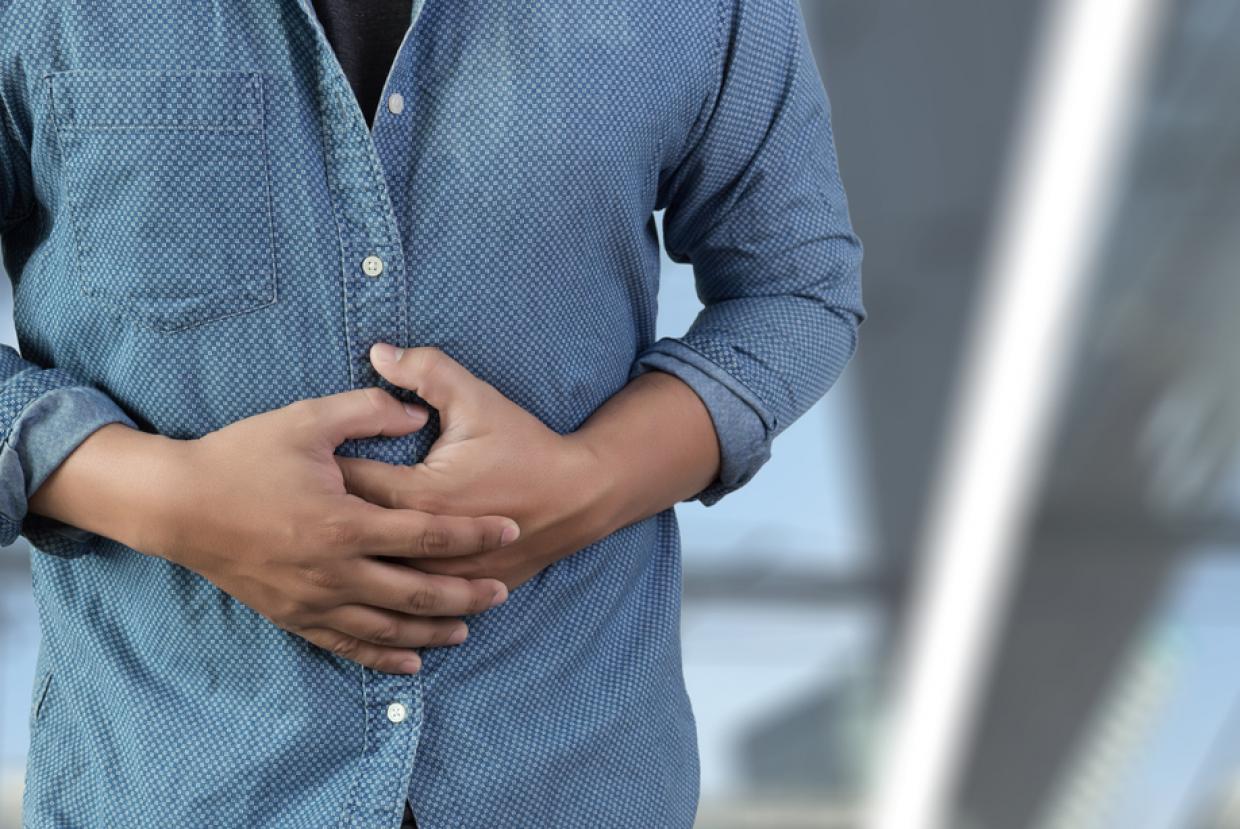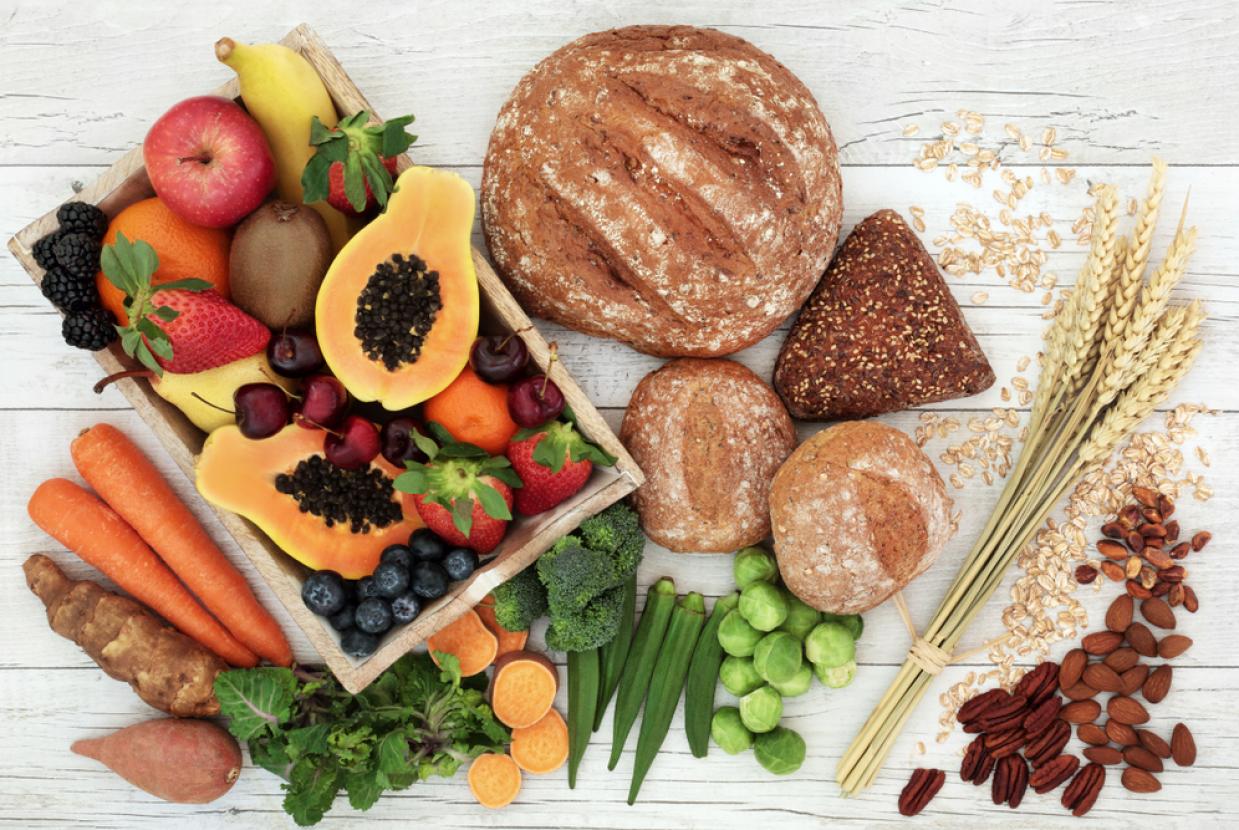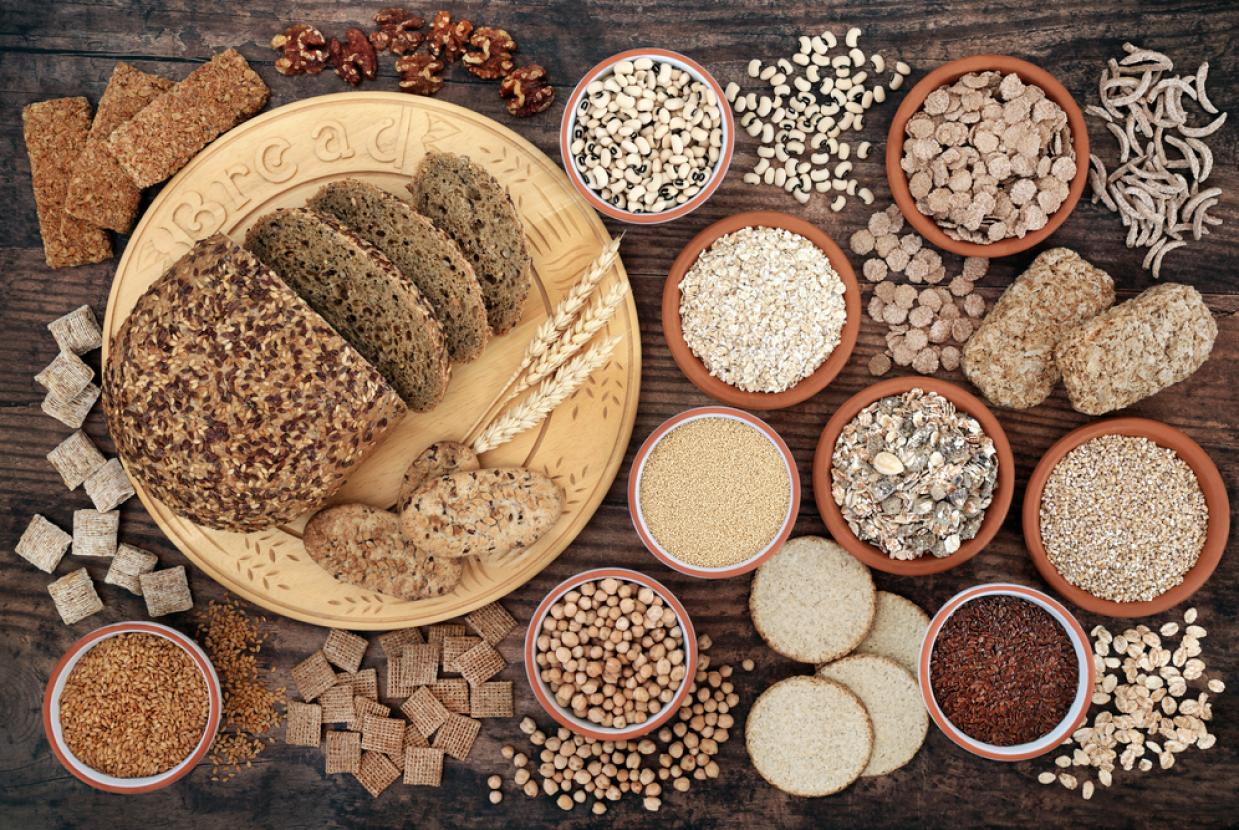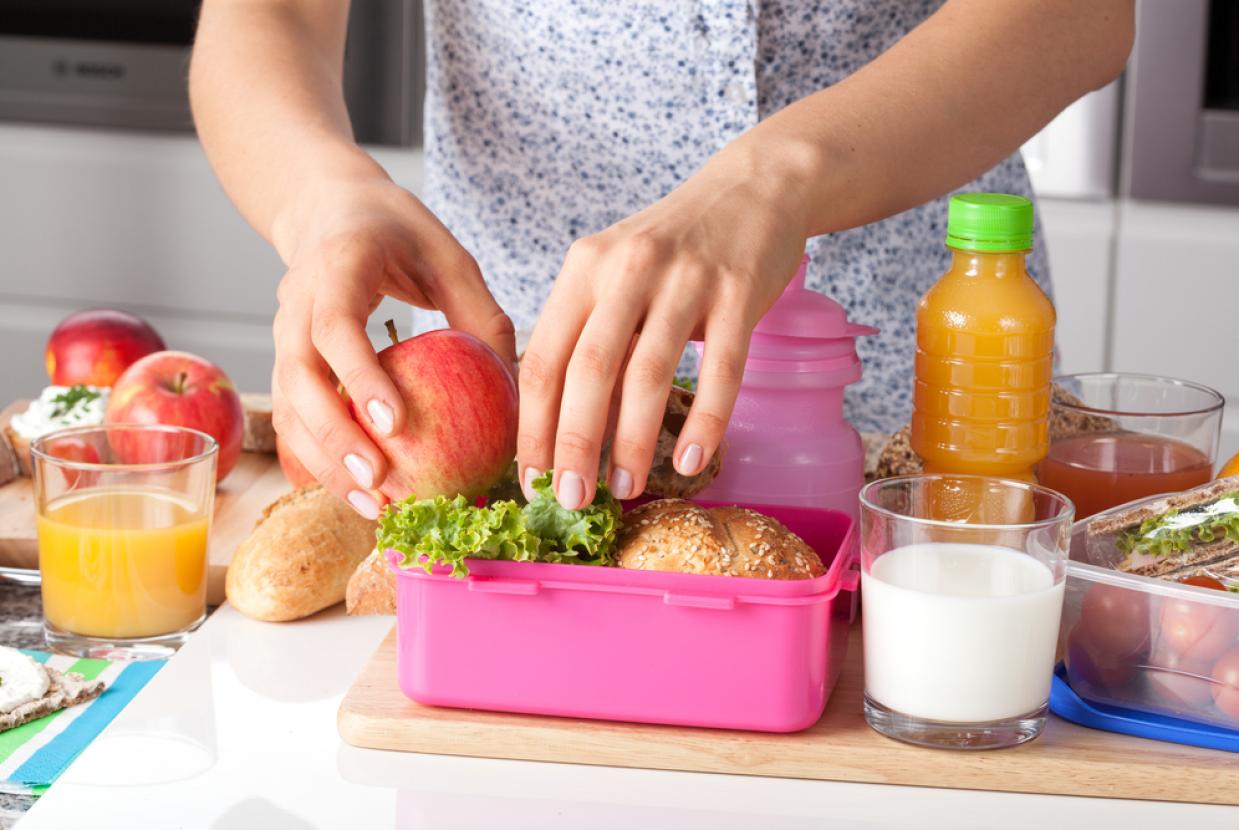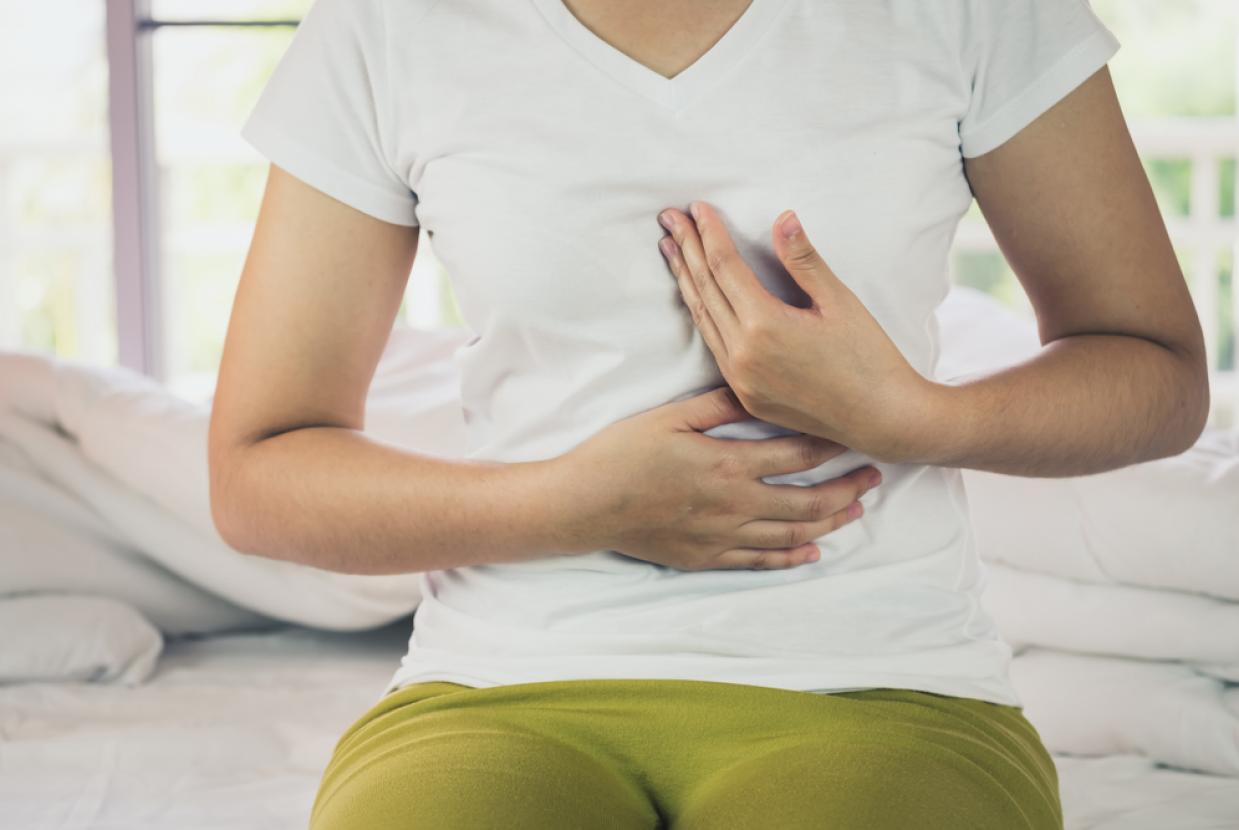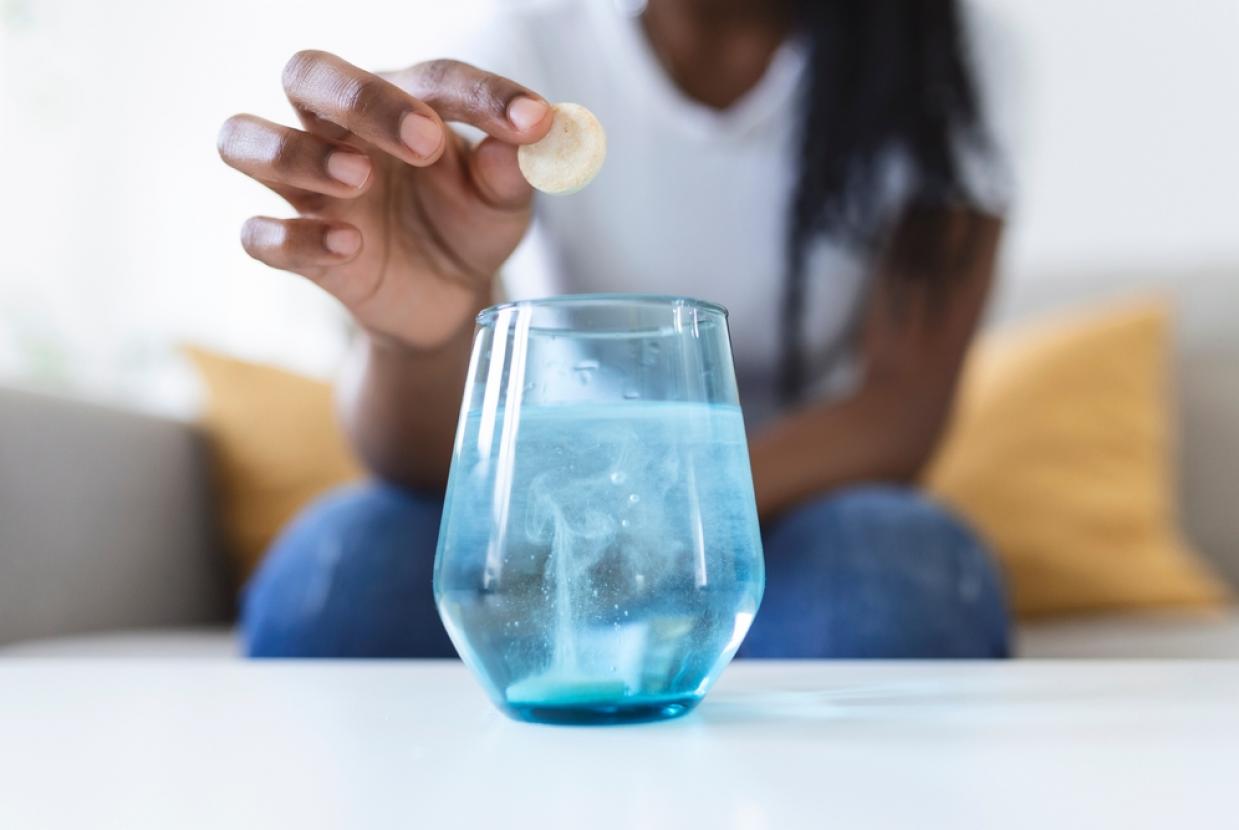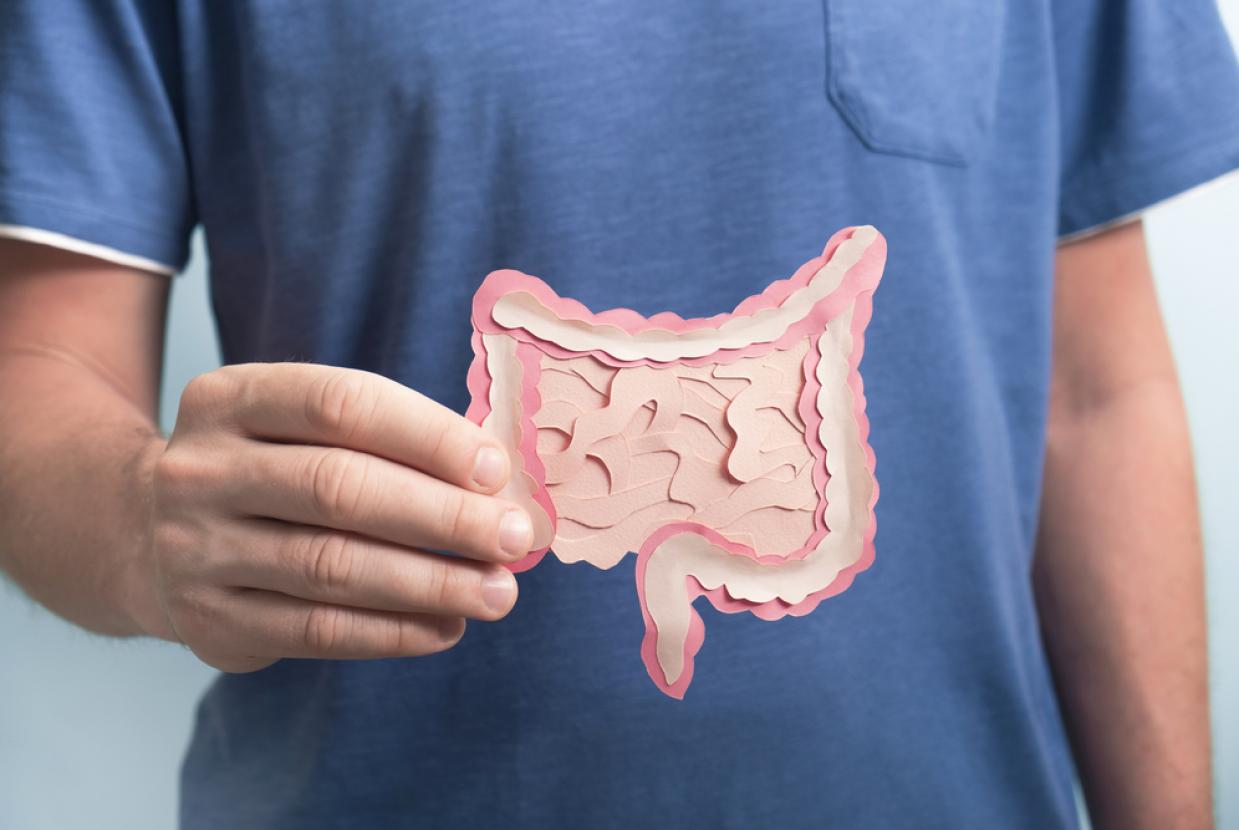IBS Awareness Month
Digestive HealthIrritable bowel syndrome (IBS) is a common condition that affects the digestive system. It causes symptoms like stomach cramps, bloating, diarrhoea and constipation. These tend to come and go over time, and can last for days, weeks or months at a time.
It's usually a lifelong problem. It can be very frustrating to live with and can have a big impact on your everyday life. There's no cure, but diet changes and medicines can often help control the symptoms. The exact cause is unknown – it's been linked to things like food passing through your gut too quickly or too slowly, oversensitive nerves in your gut, stress and a family history of IBS.
Common irritable bowel syndrome (IBS) symptoms
The main symptoms of IBS are:
- stomach pain or cramps – usually worse after eating and better after doing a poo
- bloating – your tummy may feel uncomfortably full and swollen
- diarrhoea – you may have watery poo and sometimes need to poo suddenly
- constipation – you may strain when pooing and feel like you cannot empty your bowels fully
There may be days when your symptoms are better and days when they're worse (flare-ups). They may be triggered by food or drink.
Other symptoms of IBS
IBS can also cause:
- farting (flatulence)
- passing mucus from your bottom
- tiredness and a lack of energy
- feeling sick (nausea)
- backache
- problems peeing, like needing to pee often, sudden urges to pee, and feeling like you cannot fully empty your bladder
- not always being able to control when you poo (bowel incontinence)
GP’s can check for IBS and do some tests to rule out other problems.
Ask for an urgent appointment if you have:
- lost a lot of weight for no reason
- bleeding from your bottom or bloody diarrhoea
- a hard lump or swelling in your tummy
- shortness of breath, noticeable heartbeats (palpitations) and pale skin
These could be signs of something more serious.
Tests for IBS
There's no test for IBS, but you might need some tests to rule out other possible causes of your symptoms.
The GP may arrange:
- a blood test to check for problems like coeliac disease
- tests on a sample of your poo to check for infections and inflammatory bowel disease (IBD)
You will not usually need further tests in hospital unless the GP is not sure what the problem is. There's no single diet or medicine that works for everyone with IBS. But there are lots of things that can help if you have been diagnosed with it.
General tips to relieve IBS symptoms
Do
- cook homemade meals using fresh ingredients when you can
- keep a diary of what you eat and any symptoms you get – try to avoid things that trigger your IBS
- try to find ways to relax
- get plenty of exercise
- try probiotics for a month to see if they help
Don’t
- do not delay or skip meals
- do not eat too quickly
- do not eat lots of fatty, spicy or processed foods
- do not eat more than 3 portions of fresh fruit a day (a portion is 80g)
- do not drink more than 3 cups of tea or coffee a day
- do not drink lots of alcohol or fizzy drinks
How to ease bloating, cramps and farting
- eat oats (such as porridge) regularly
- eat up to 1 tablespoon of linseeds (whole or ground) a day
- avoid foods that are hard to digest (like cabbage, broccoli, cauliflower, brussels sprouts, beans, onions and dried fruit)
- avoid products containing a sweetener called sorbitol
- ask a pharmacist about medicines that can help, like Buscopan or peppermint oil
How to reduce diarrhoea
- cut down on high-fibre foods like wholegrain foods (such as brown bread and brown rice), nuts and seeds
- avoid products containing a sweetener called sorbitol
- ask a pharmacist about medicines that can help, like Imodium (loperamide)
If you keep getting diarrhoea, make sure you drink plenty of water to avoid dehydration.
How to relieve constipation
- drink plenty of water to help make your poo softer
- increase how much soluble fibre you eat – good foods include oats, pulses, carrots, peeled potatoes and linseeds (whole or ground)
- ask a pharmacist about medicines that can help (laxatives), like Fybogel or Normacol














